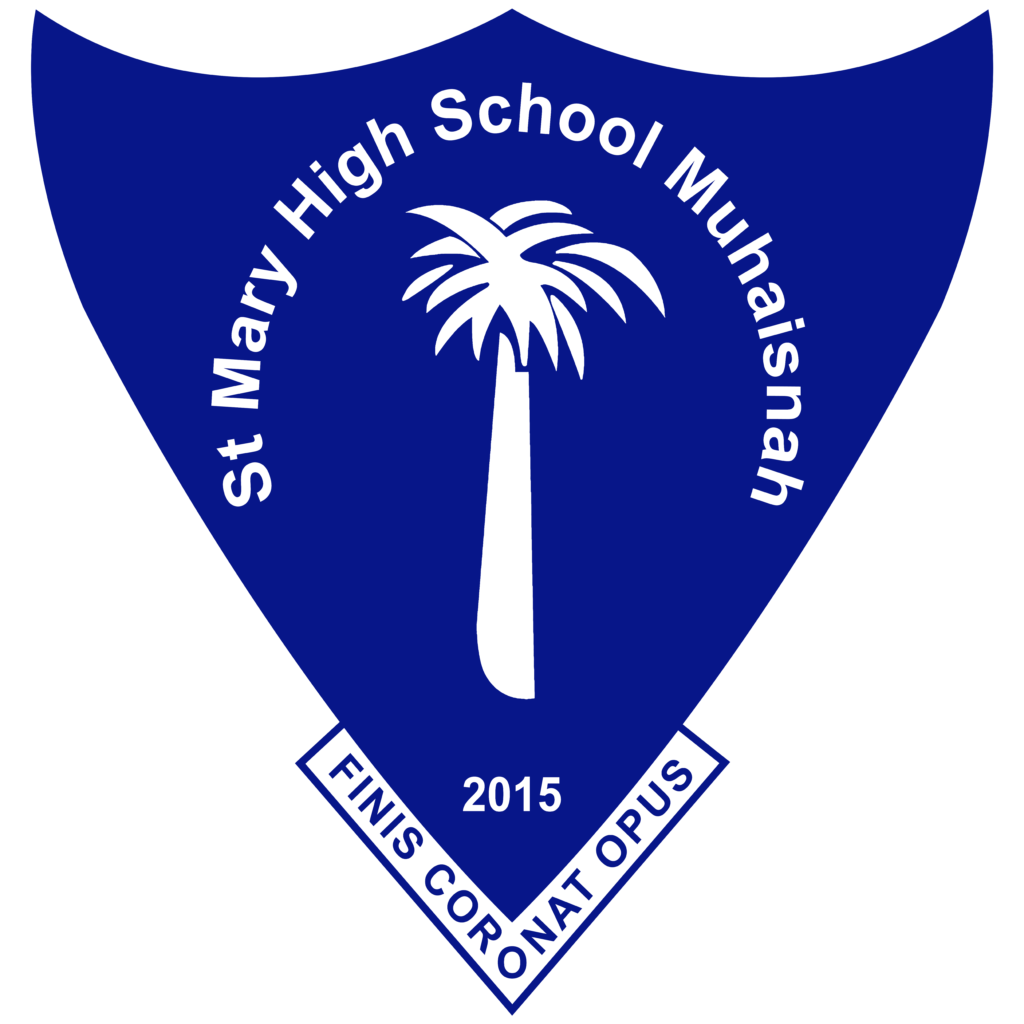As Science plays a major role in the evolution of knowledge, the Science Department of the St. Mary’s Muhaisnah ensures to develop every student’s potential within the framework of the UK National Curriculum and the UAE’s aspirations for a world-class educational system, responsive to national needs and aligned to international standards.
In KS 1 (Years 1 and 2), pupils experience and observe phenomena around its natural and humanly constructed environment. They are helped to develop their understanding of scientific ideas by using different types of scientific inquiry to answer their own questions. They begin to use simple scientific language to communicate their gathered information.
In KS 2 (Years 3 – 6), pupils broaden their scientific view of the world around them with deeper understanding of a wide range of scientific ideas. This enables pupils to talk about their ideas; ask questions about scientific phenomena; and analyse functions, relationships and interactions more systematically. They start to recognize that scientific ideas change and develop over time.
The principal focus of science teaching in key stage 3 (Years 7-9) is to develop a deeper understanding of a range of scientific ideas in the subject disciplines of biology, chemistry and physics. Pupils begin to see the connections between these subject areas and become aware of some of the big ideas underpinning scientific knowledge and understanding.
The teaching of science in KS 1 is allotted 4 periods (160 minutes) per week. KS 2 Science is allotted 4 periods (160 minutes) per week. In Years 7 and 8, Science is taught 5 periods (200 minutes) per week. In Year 9, the teaching of Biology, Chemistry and Physics are allotted 2 periods (80 minutes) per week.
The Science curriculum focuses on the content essential for preparing students to be engaged and productive citizens, so they can respond positively to the challenges of a rapidly changing world using the scientific approach. Critical thinking, inquiry and reasoning are emphasized to ensure that students develop the ability to work creatively and think analytically in solving problems. The department ensures that students become aware of their moral, social, and ethical responsibilities, as well as, the benefits intrinsic to the practical application of scientific knowledge to careers in the scientific field. Effective lessons are concerted and incorporated with practical work and the science standards employing a varied and experiential teaching methods. The department empowers pupils to use creative and independent approaches to problem solving thus, arousing their natural curiosity and enabling them to meet diverse and ever expanding challenges. It enhances their ability to inquire, seek answers, research and interpret data as an integral component of a balanced education.




